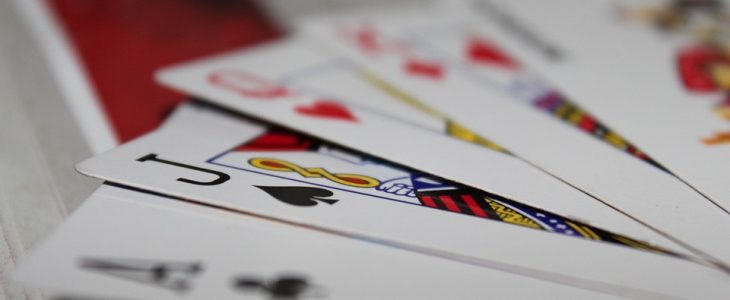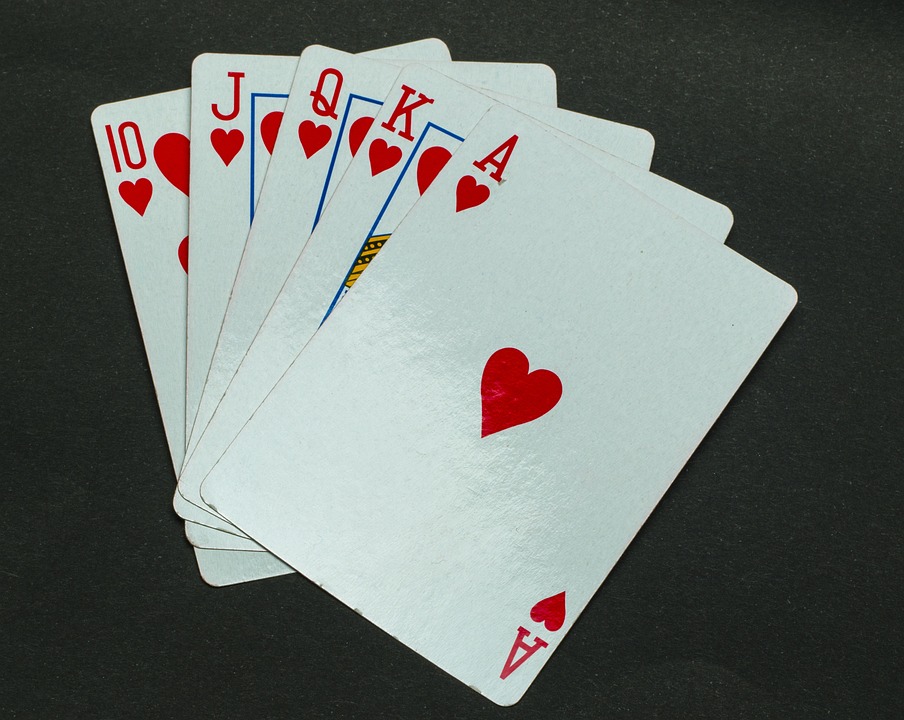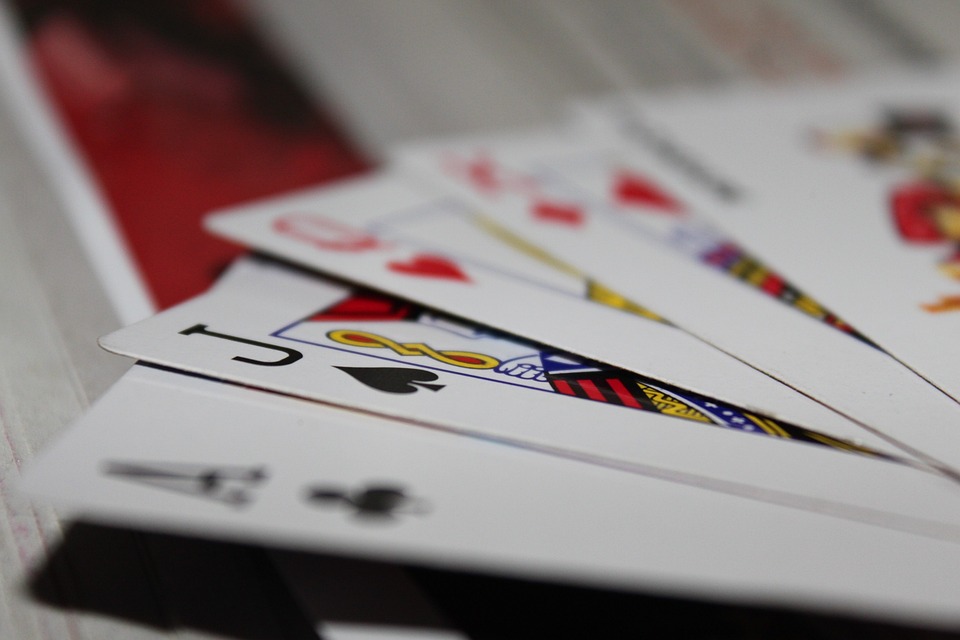
What is Poker?
Poker is a card game that involves betting and is usually played with a standard deck of 52 cards. The object of the game is to have the highest-ranking hand at the end of the betting round, which is known as the “showdown.” There are many variations of poker, but the most popular ones are Texas hold ’em and Omaha.
Basic Rules of Poker
There are a few basic rules of poker that you should know if you want to improve your luck in the game. First, always remember that poker is a game of chance. There is no surefire way to win every hand, so don’t get too caught up in trying to calculate the odds. Just enjoy the game and trust your gut.
Second, always bet on the hand that you think has the best chance of winning. This may seem like common sense, but many players make the mistake of betting on hands they think are “lucky” or have a good feeling about. If you want to win, you need to put your money on the line with confidence.
Third, don’t be afraid to fold if you have a bad hand. Many players make the mistake of staying in a hand just because they don’t want to give up and admit defeat. However, if you know you have a losing hand, it’s better to fold than to keep throwing good money after bad.
Fourth, pay attention to your opponents and try to read their tells. This can be tricky, but it’s worth it to try and get an idea of what other players are holding. If you can figure out what someone else has, you can better assess your own chances of winning.
Finally, have fun! Poker is supposed to be enjoyable so make sure you’re not taking it too seriously.

Strategies to Improve Your Luck
1. Play More Hands
The more hands you play, the better your chances of winning. By playing more hands, you’ll also get a feel for the game and learn what works and what doesn’t.
2. Be Selective With Your Starting Hands
You can’t win if you don’t play your cards right. Be selective with the hands you play and only go after the ones that have potential.
3. Bluff sparingly
Bluffing can be a great way to win a hand, but it should be used sparingly. If you bluff too often, your opponents will catch on and you’ll end up losing more than winning.
4. Know When to Fold
Folding is often seen as giving up, but it can actually be the smartest move in poker. If you know you’re beaten, fold and save your chips for a better hand.
5. Manage Your Bankroll
If you want to stay in the game, you need to manage your bankroll carefully. Don’t go chasing losses and only bet what you can afford to lose.
Tips for Dealing with Bad Luck
Bad luck is an inevitable part of poker, but there are ways to minimize its impact. Here are some tips for dealing with bad luck:
–Identify your leaks. If you’re consistently losing money on certain types of hands, it’s time to reevaluate your strategy.
–Make adjustments. If you’re getting unlucky in a particular situation, try changing up your approach.
–Take a break. Sometimes the best thing you can do is walk away from the table for a while. This will allow you to clear your head and come back with a fresh perspective.
–Keep a positive attitude. It’s easy to get tilted when things are going against you, but it’s important to stay calm and focused. Remember, the luck will even out in the long run.
Bankroll Management
Bankroll management is one of the most important aspects of playing poker. It is essential to have a large enough bankroll to cover your losses, but not so large that you can’t afford to take risks.
There are a few simple tricks you can use to improve your luck in poker. One is to play fewer hands. If you only play strong hands, you will be less likely to lose money. Another is to make sure you are well-rested and focused when you sit down at the table. You will make better decisions if you are not tired or distracted.
Finally, be mindful of your bankroll. Don’t risk more money than you can afford to lose. If you stick to these simple tips, you will improve your chances of winning at poker.

Starting Hands and Bluffing Tactics
If you’re playing poker, the first thing you need to do is learn which hands are winning hands. A lot of people make the mistake of playing too many hands, which means they’re more likely to get bluffing tactics called on them. The best way to avoid this is to know which starting hands are strong and which ones are weak.
Some of the strongest starting hands in poker are aces, kings, queens, and jacks. These are all high-value cards that can help you win big pots. If you have one of these hands, you should be raising pre-flop and betting aggressively throughout the hand.
On the other hand, some of the weakest starting hands include two low cards (7-2 offsuit), three unsuited low cards (5-4-3), or even a king without any other high-value cards (king-queen offsuit). These hands are often better suited for drawing or bluffing than they are for actually winning pots.
If you’re caught with a weak hand, it’s often better to just fold rather than try to bluff your way out of it. Bluffing can be a successful tactic in poker, but only if it’s done correctly. If you’re not sure whether or not your hand is strong enough to win, it’s usually best to just fold and wait for a better opportunity.
Texas Hold’em Variations
There are many variations of Texas Hold’em, and each one has its own unique set of rules. Here are a few of the most popular variations:
1. Omaha Hold’em: In this variation, each player is dealt four cards instead of two. The betting rounds and community cards are the same as Texas Hold’em, but players must use two of their four cards and three of the five community cards to make their best hand.
2. Seven Card Stud: This is one of the oldest poker games around. Each player is dealt seven cards, three face down and four face up. The betting rounds occur after each player has been dealt their third, fourth, fifth, and sixth card. The final seventh card is dealt face down. The best five-card hand wins the pot.
3. Five Card Draw: In this variation, each player is dealt five cards face down. There is a betting round after the deal, and then players can choose to discard any number of cards and have them replaced from the deck. The final betting round occurs after the draw, and the best five-card hand wins the pot.
Conclusion
As you can see, there are many tricks that poker players use to improve their luck in the game. From sharpening your skills by playing against better opponents to using the power of rituals and superstitions, these tricks have all been proven effective when it comes to improving your luck at poker. All that’s left is for you to put them into practice and start winning big! Good luck!





